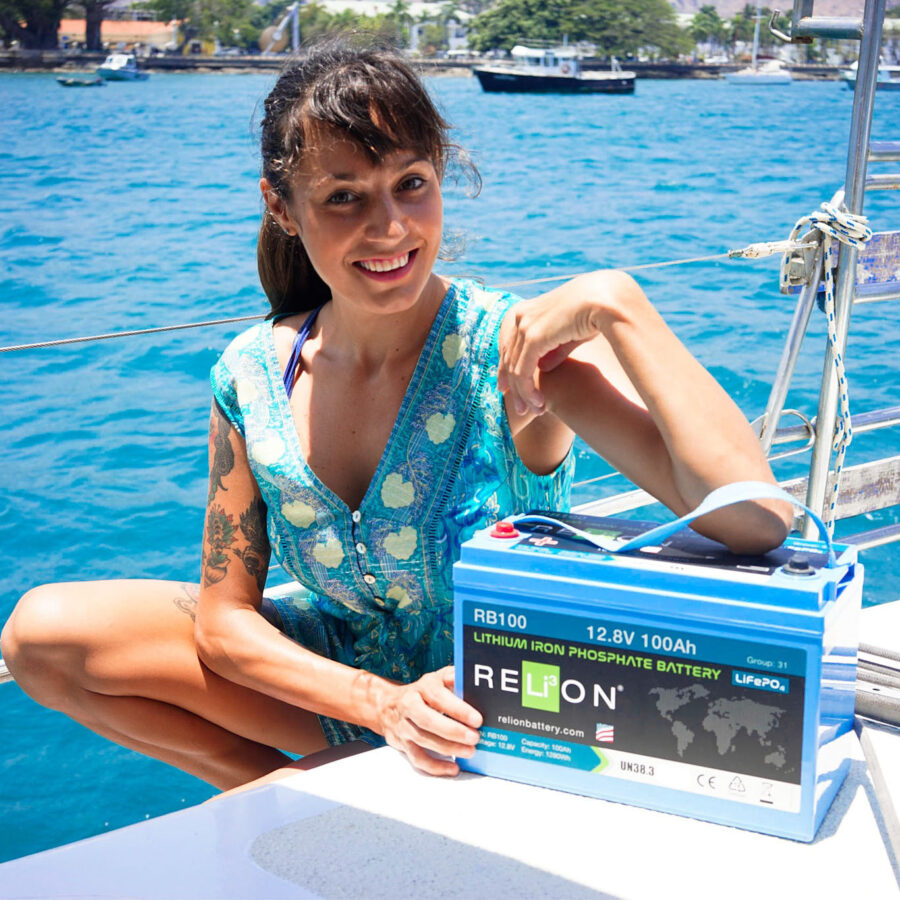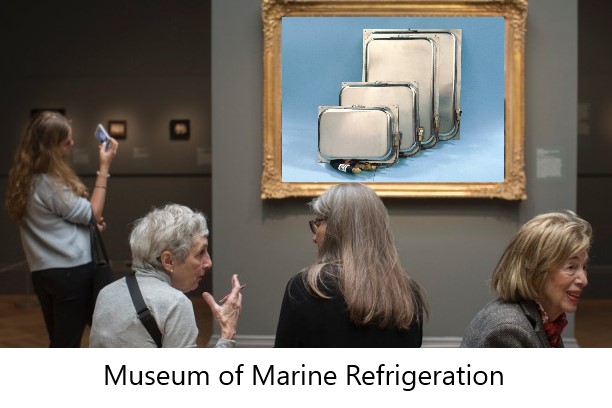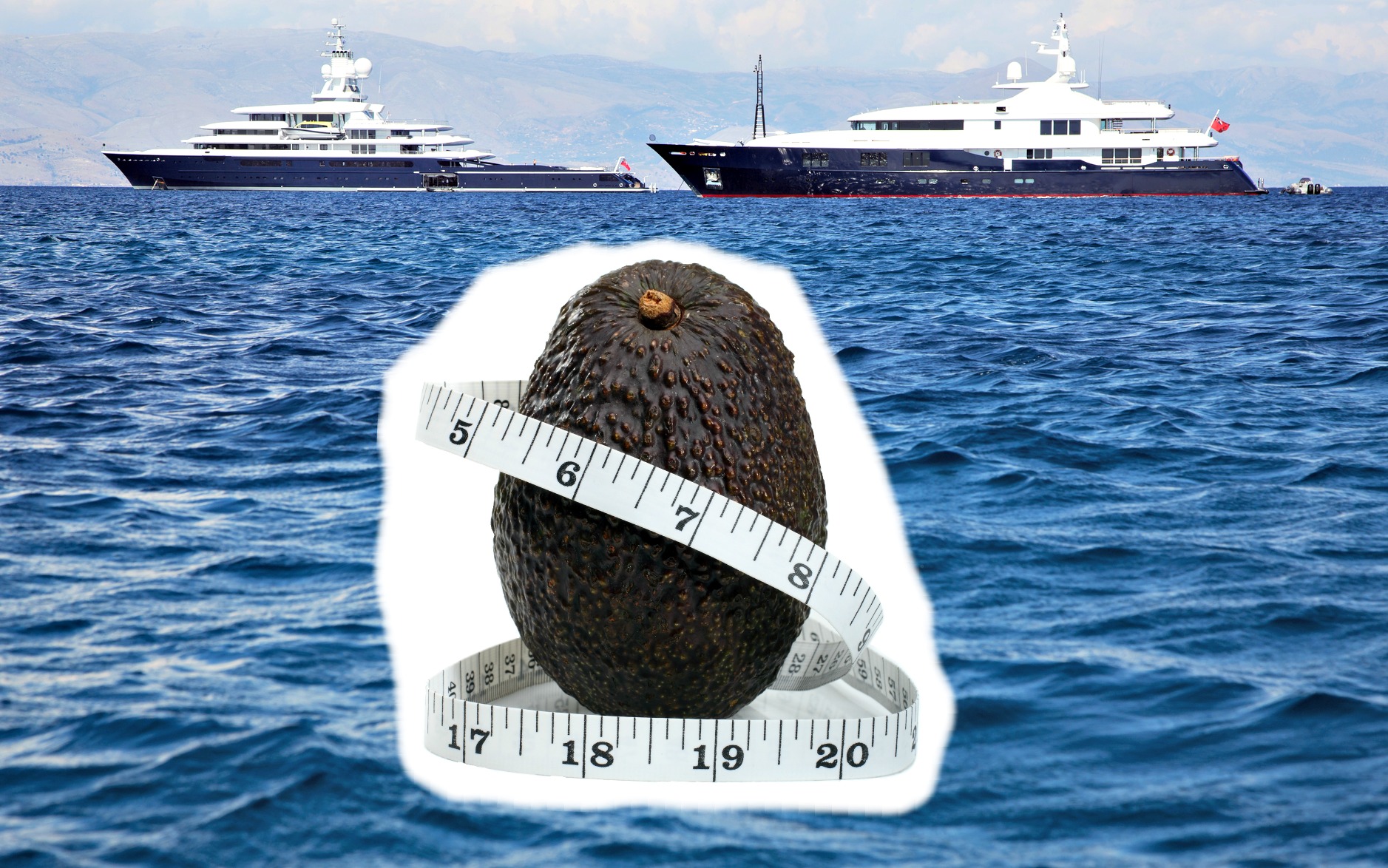
Imagine that you are just walking into the grocery store when your significant other calls and asks that you also pick up an avocado, but is insistent that it must have a small stone and maximum flesh. Normally the biggest challenge with avocados is finding the almost-ripe ones and then getting them home before they whisk through the ripe stage in transit and swiftly progress to the over-ripe stage just as you unpack them. But this stone-size issue poses a different challenge.
Now you're in the produce section and you find a choice of two offerings of avocado; regular and organic. Knowing the variety or origin is no help, (no Siri on your flip-phone and your Mum told you never to talk to strangers) and both are of the same size, color, and weight, with the organic version being higher priced. So, how would one determine which pile of avocados would have the highest probability of having the smallest stone?
If it were me I would take one from each pile, and then once back home secretly use a pin to pierce the skin to see which had the smallest stone. If the stone in that one is declared by your S.O. to be too large and you're accused of being an incompetent shopper, present the other and wager that the stone in that one would be even larger. That should be good for $10! (Warning! Trying the pin trick at the store will probably result in the manager demanding you purchase the entire display of avocados, as there's no way of knowing which ones you'd pricked with your germ-infested pin and then put back.) And because you had the savvy to buy two avocados, you now have more than enough flesh than was requested and the rest can go on the salad.
Choosing a marine air conditioning unit poses a similar conundrum.

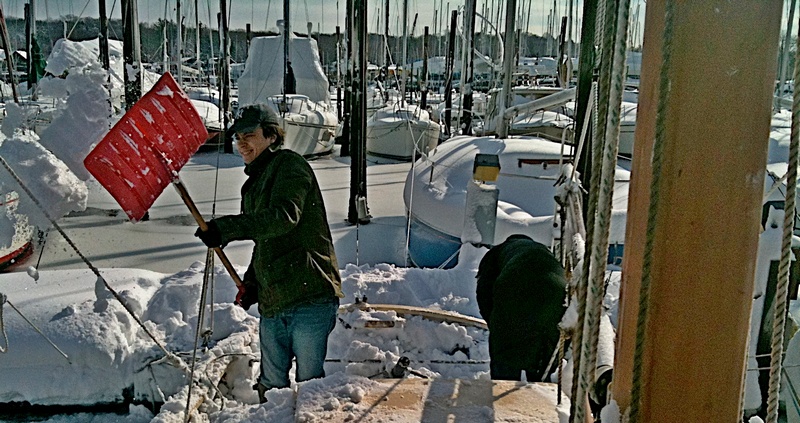
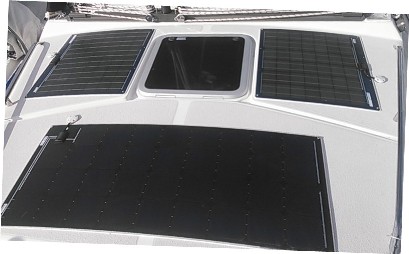
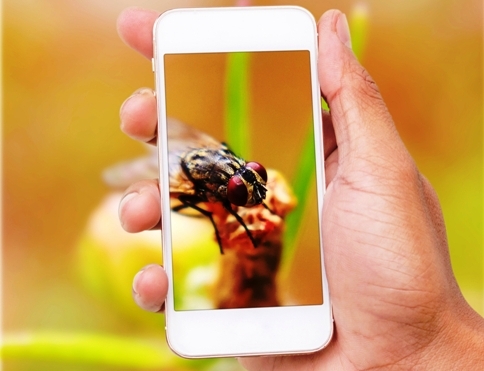

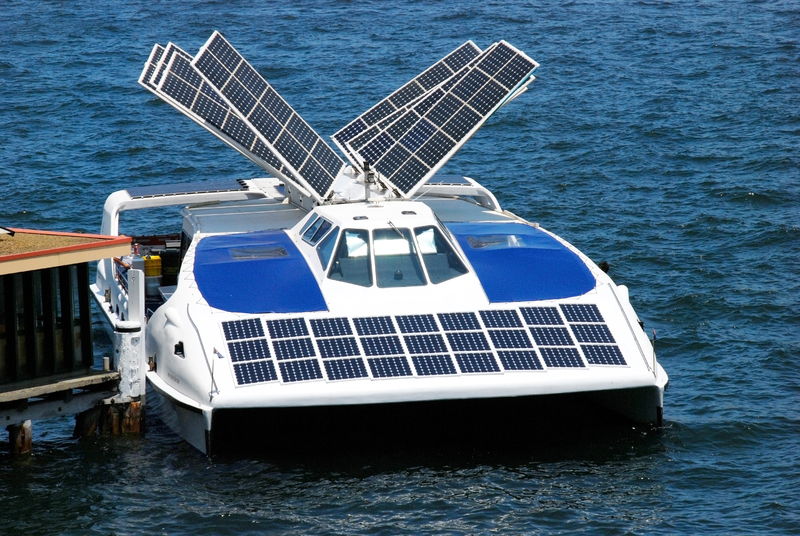
 In the wake of the recent celebrations of science and scientists, I could not let the occasion go without a mention of the late Richard Feynman. For those of you not familiar with the name, Feynman, as well as being a brilliant scientist, was also a fascinating human being and a bit of a maverick who delighted in upending normal thinking and throwing the occasional curve-ball.
In the wake of the recent celebrations of science and scientists, I could not let the occasion go without a mention of the late Richard Feynman. For those of you not familiar with the name, Feynman, as well as being a brilliant scientist, was also a fascinating human being and a bit of a maverick who delighted in upending normal thinking and throwing the occasional curve-ball.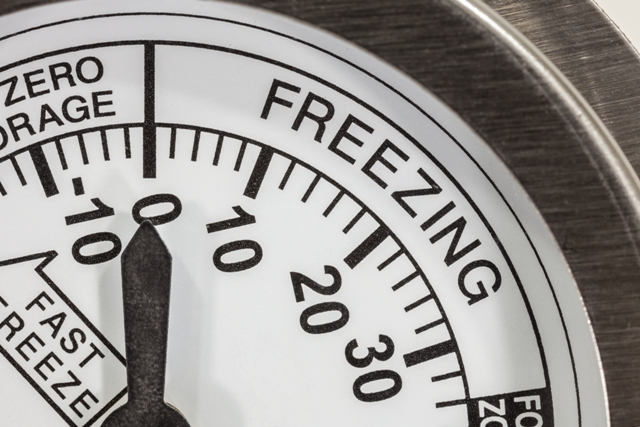 Are you, or is anyone you know, a Temperature Control Freak? You know the type; constantly fiddling with air conditioning and refrigerator controls and reporting on them to anyone within earshot. Well, I have such a friend.
Are you, or is anyone you know, a Temperature Control Freak? You know the type; constantly fiddling with air conditioning and refrigerator controls and reporting on them to anyone within earshot. Well, I have such a friend. I once read in a sailing magazine something like the following: “It’s boat show time, so let’s take a look at some of the products they are trying to foist on us poor unsuspecting boaters”. As a marine vendor I was incensed to read that, and vowed never to advertise in that publication. I never did, and eventually it folded. Go figure ....
I once read in a sailing magazine something like the following: “It’s boat show time, so let’s take a look at some of the products they are trying to foist on us poor unsuspecting boaters”. As a marine vendor I was incensed to read that, and vowed never to advertise in that publication. I never did, and eventually it folded. Go figure ....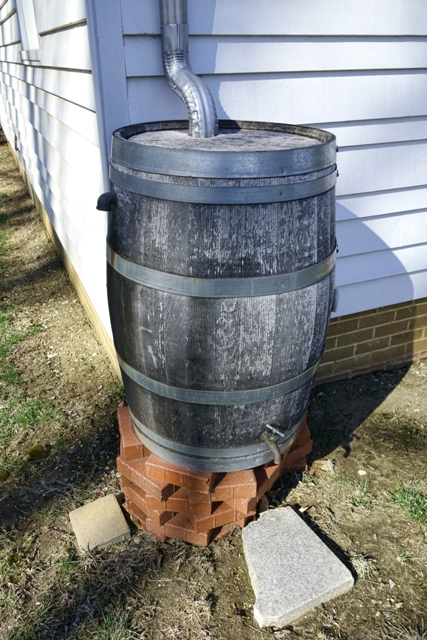 There seems to be many misconceptions regarding solar panels, particularly concerning marine installations on vessels. I’m thinking that maybe it’s because we all see solar panels on houses and assume that what applies to roof-top installations also applies to boats. Wrong!
There seems to be many misconceptions regarding solar panels, particularly concerning marine installations on vessels. I’m thinking that maybe it’s because we all see solar panels on houses and assume that what applies to roof-top installations also applies to boats. Wrong!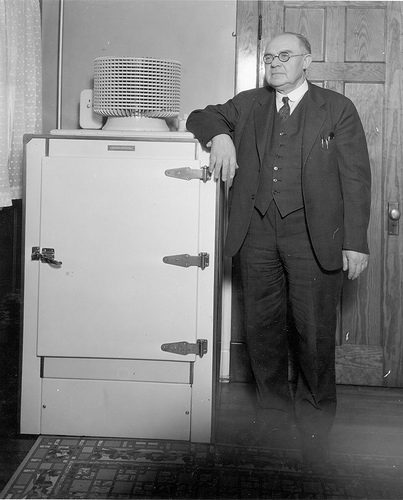 Once upon a time, a long time ago, there was only one brand of refrigerator that would work on 12v DC boat power. There must have been many thousands of them out there back in the day, predominately on powerboats, and a lot still exist to this day.
Once upon a time, a long time ago, there was only one brand of refrigerator that would work on 12v DC boat power. There must have been many thousands of them out there back in the day, predominately on powerboats, and a lot still exist to this day. There has long been a debate about air cooling versus water cooling for marine refrigeration systems. Water cooling has traditionally been generally accepted to be between 25% and 35% more efficient in warm/hot ambient conditions, but some of that efficiency gain has to be offset by the energy required to run a water pump.
There has long been a debate about air cooling versus water cooling for marine refrigeration systems. Water cooling has traditionally been generally accepted to be between 25% and 35% more efficient in warm/hot ambient conditions, but some of that efficiency gain has to be offset by the energy required to run a water pump. 
 Walking through the gaudy and gay Miami Bayside entertainment area during the Miami Strictly Sail show last week, whilst dodging obstacles such as parrot-wielding hawkers and perfume swatch pushers, I spotted a sign promoting a bar/restaurant called “Mangoes”.
Walking through the gaudy and gay Miami Bayside entertainment area during the Miami Strictly Sail show last week, whilst dodging obstacles such as parrot-wielding hawkers and perfume swatch pushers, I spotted a sign promoting a bar/restaurant called “Mangoes”. 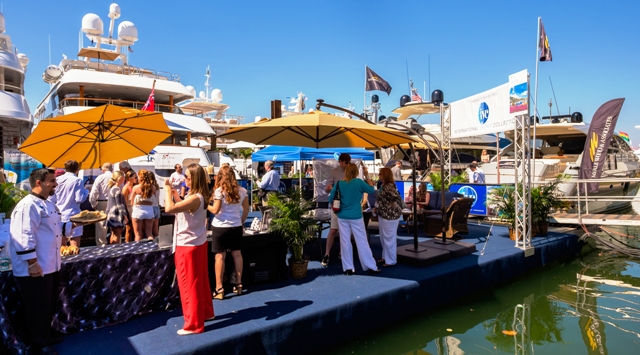

 Inner Secrets of the
Inner Secrets of the 
 Want to know the quickest way to get everyone warmed up at a Christmas party? Take your clothes off!
Want to know the quickest way to get everyone warmed up at a Christmas party? Take your clothes off! Now that we have the option to install true non-sulfating Partial State of Charge (PSOC) AGM batteries like the Firefly and the Blue Plus range from Meridian/Northstar, we are faced with a new dilemma. These batteries could be at risk of failure due to voltage imbalances when connected as multiple units in a series configuration.
Now that we have the option to install true non-sulfating Partial State of Charge (PSOC) AGM batteries like the Firefly and the Blue Plus range from Meridian/Northstar, we are faced with a new dilemma. These batteries could be at risk of failure due to voltage imbalances when connected as multiple units in a series configuration.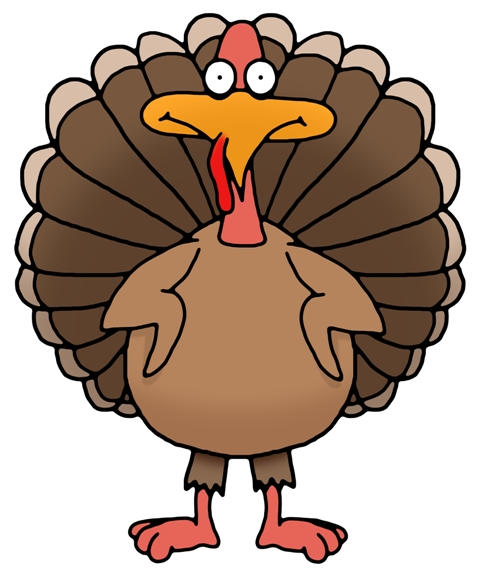 I had the good fortune recently to be able to observe some younger colleagues who are also employed in the whacky world of marine refrigeration and air conditioning. On reflection, it could be said that these and other members of the millennial generation may have become so immersed in screens and keyboards that they've glossed over the important step of grasping a thorough understanding of the actual machines. Maybe they didn't get the memo. Maybe they don't feel they need to, as it's all there on the screen. Or is it?
I had the good fortune recently to be able to observe some younger colleagues who are also employed in the whacky world of marine refrigeration and air conditioning. On reflection, it could be said that these and other members of the millennial generation may have become so immersed in screens and keyboards that they've glossed over the important step of grasping a thorough understanding of the actual machines. Maybe they didn't get the memo. Maybe they don't feel they need to, as it's all there on the screen. Or is it?
